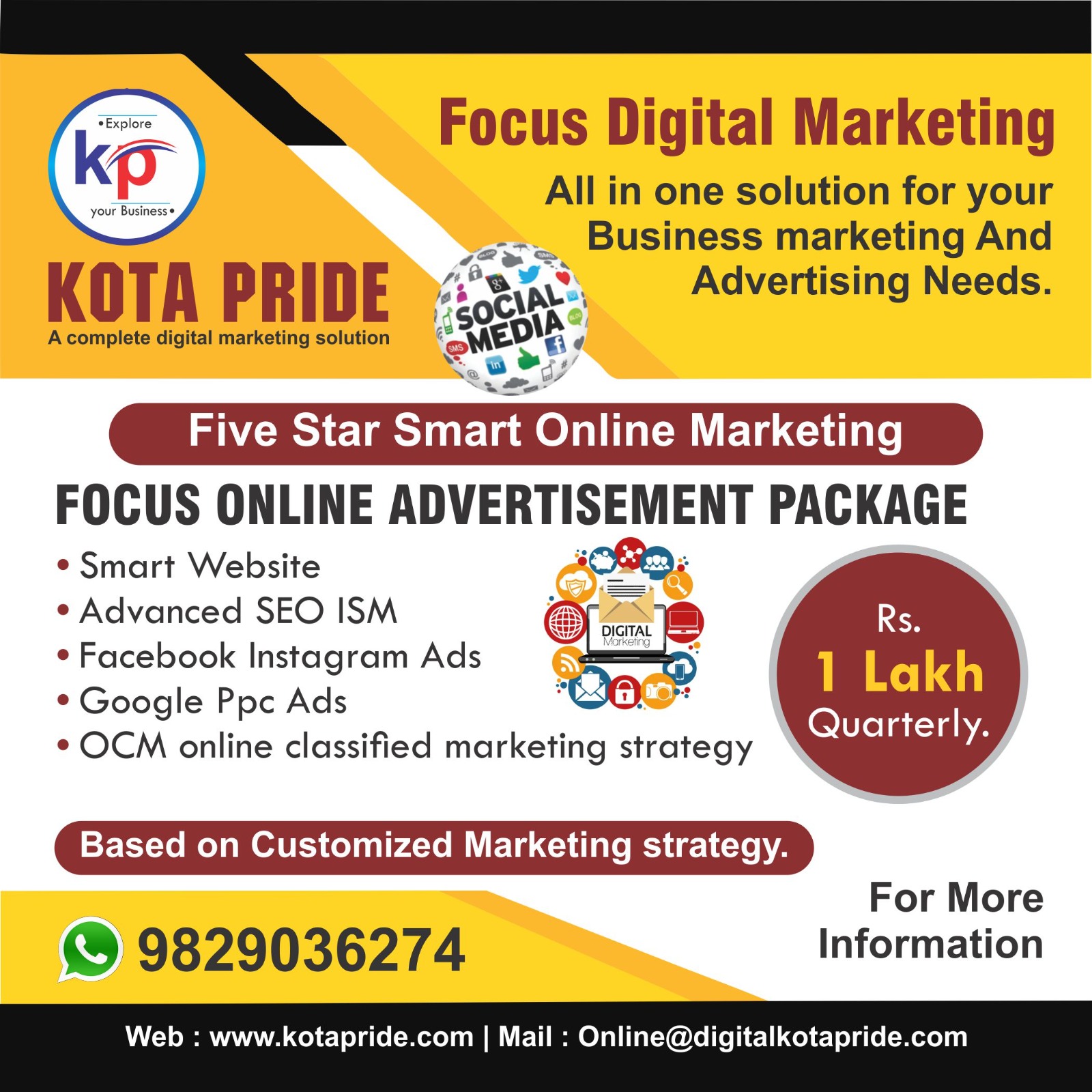B2C (Business-to-Consumer) digital marketing is a subset of digital marketing that specifically targets individual consumers as the end-users of products or services. It focuses on using digital channels and strategies to engage, acquire, convert, and retain consumers. B2C digital marketing strategies are designed to reach a broad and diverse audience of consumers and drive sales. Here are key components and strategies commonly used in B2C digital marketing:
1. E-commerce Websites: B2C companies often have user-friendly e-commerce websites that allow consumers to browse, shop, and make online purchases. These websites are optimized for a seamless shopping experience.
2. Search Engine Optimization (SEO): B2C brands use SEO techniques to improve their website's visibility in search engine results pages (SERPs). High-ranking positions increase the likelihood of attracting organic traffic and potential customers.
3. Content Marketing: Content marketing is a central strategy in B2C digital marketing. Brands create valuable, engaging, and informative content such as blog posts, videos, infographics, and social media posts to attract, educate, and entertain consumers.
4. Social Media Marketing: B2C companies leverage social media platforms like Facebook, Instagram, Twitter, and Pinterest to connect with consumers, share content, run paid advertising campaigns, and build brand loyalty.
5. Email Marketing: Email marketing campaigns are used to communicate with and nurture leads, send personalized product recommendations, and promote special offers and discounts to subscribers.
6. Paid Advertising: B2C brands run paid advertising campaigns using Google Ads, Facebook Ads, Instagram Ads, and other advertising platforms to reach a wider audience and drive traffic and sales.
7. Influencer Marketing: Collaborating with social media influencers and celebrities helps B2C brands reach a broader audience and gain credibility and trust through endorsements.
8. Mobile Optimization: Given the prevalence of mobile device usage, B2C marketers ensure their websites and advertising campaigns are mobile-friendly and responsive.
9. Remarketing and Retargeting: B2C brands use remarketing and retargeting strategies to re-engage website visitors who didn't make a purchase initially. These strategies involve showing ads to users who have previously interacted with the brand.
10. Loyalty Programs: B2C companies often implement customer loyalty programs to incentivize repeat purchases, reward customer loyalty, and collect valuable data for personalization.
11. Customer Reviews and Testimonials: Displaying customer reviews and testimonials on websites and product pages builds trust and credibility.
12. Chatbots and Customer Support: Chatbots and AI-driven customer support systems provide immediate assistance to consumers, answering inquiries and resolving issues promptly.
13. Social Proof: B2C brands highlight social proof, such as the number of satisfied customers, user ratings, and product popularity, to influence consumer decisions.
14. Mobile Apps: Some B2C companies develop mobile applications that provide a convenient and personalized shopping experience for consumers.
15. Seasonal Campaigns: B2C marketers often run seasonal and holiday-themed campaigns to align with consumer trends and shopping patterns.
16. Data Analytics: Analyzing customer data and behavior helps B2C brands understand consumer preferences, improve targeting, and optimize marketing efforts.
B2C digital marketing is dynamic and constantly evolving, adapting to changing consumer behaviors and technology trends. Successful B2C digital marketing campaigns combine creativity, data-driven decision-making, and a focus on delivering value to consumers to drive engagement and achieve business objectives.
https://t.me/onlinedigitalearningtips

Comments